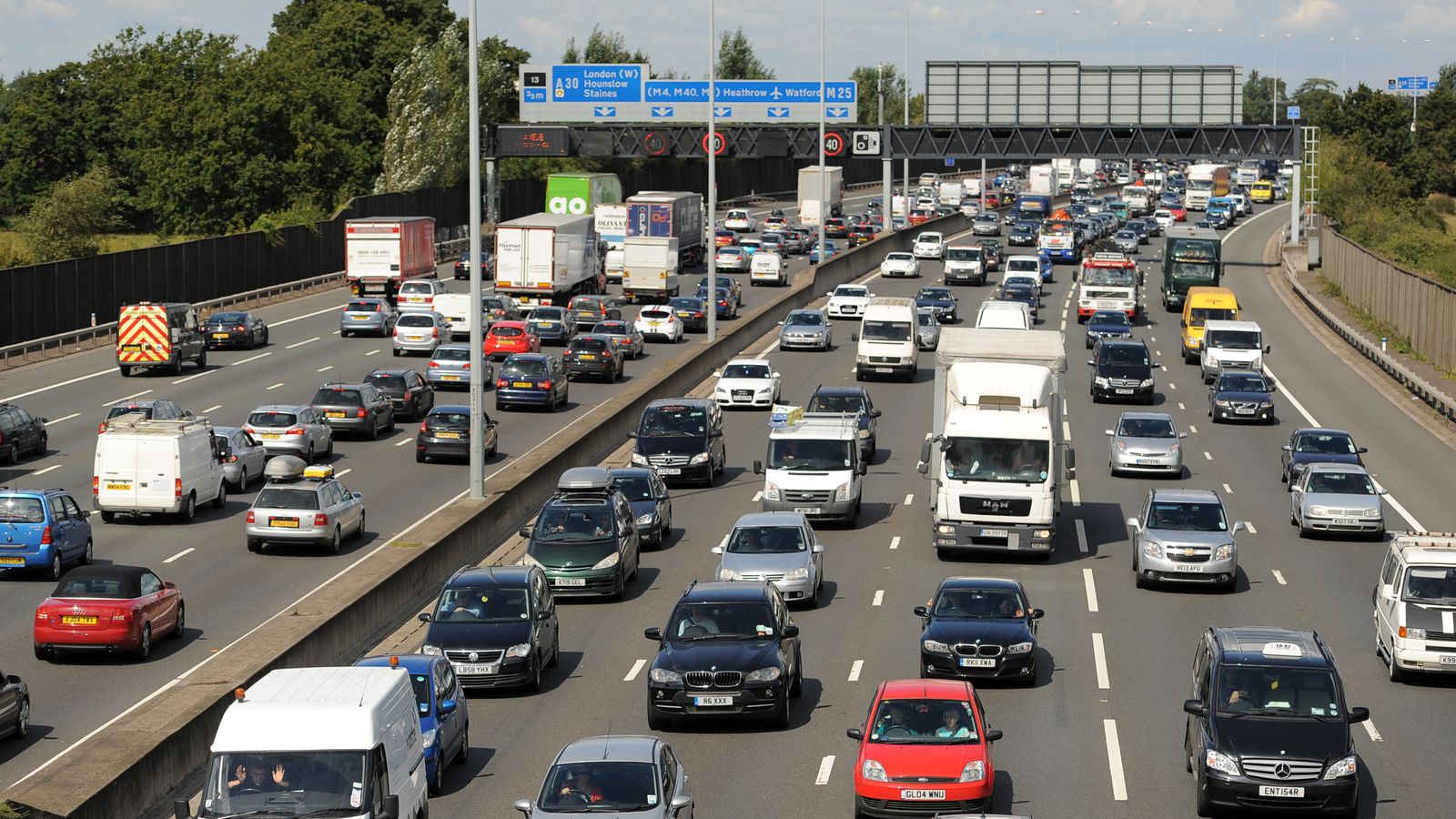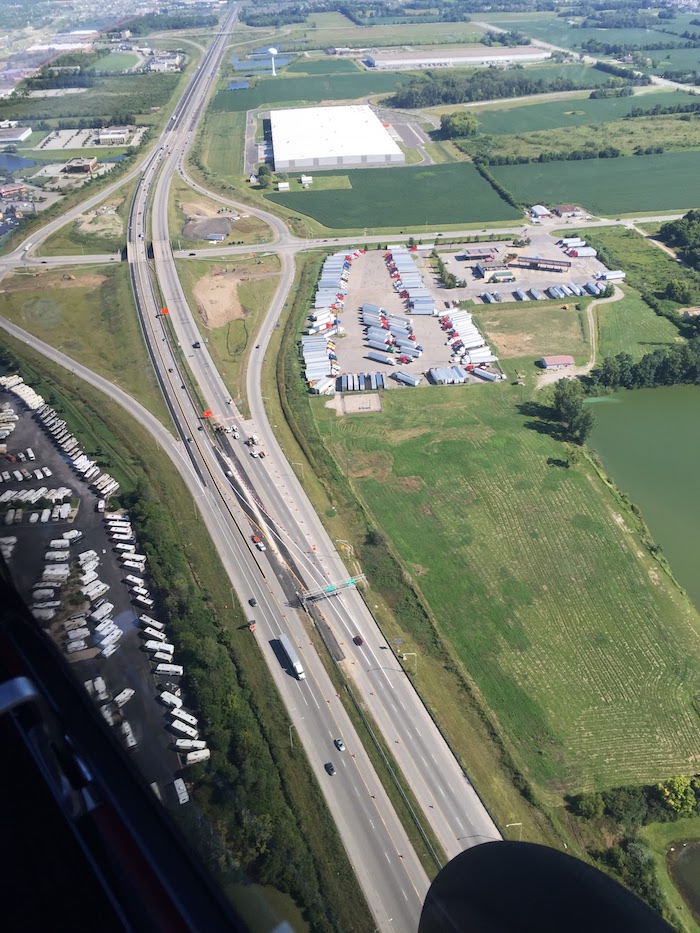
Second, is lawlessness and undisciplined motorists: Lagos is, perhaps, the most disorderly city in the world where traffic goes in all directions! A first-time visitor to Lagos is astounded with the anarchy and chaos on the roads. Gowon administration did not build the few flyovers in Lagos in the 70s? What would have been the situation if the Gen. This shows that the problem is not new, yet, nothing has been done about it for over forty-five years later. Endemic traffic crisis in Lagos was one of the major factors that forced the Federal Government to decide in 1976 to relocate the capital to Abuja. With the exception of the Fashola administration, successive administrations at both the federal and state levels have done very little to address the road network in the city. For instance, the Ikorodu road, which is a major arterial highway at the centre of Lagos, has been constricted to accommodate BRT Buses. Worse still, those roads are now dilapidated, thereby making vehicular movement more difficult. The same roads and flyovers that were built more than forty years ago, precisely in the 70s, when the population was less than five million and vehicular traffic was low are the same roads that are still in use. What are the causes of the monster traffic gridlock in Lagos?įirst, are bad roads: Despite being the economic powerhouse of Nigeria, the roads in Lagos are few and are among the worst in the world. The traffic chaos in Lagos is systemic and can only be handled by addressing all the systemic issues that make for smooth traffic flow.

But they are working in an abnormal situation, which is not their making. The agencies can only be effective under normal traffic situations. The agencies are overwhelmed and can’t do much. The stress is a public health issue that needs to be addressed.īlaming the Federal Roads Safety Commission (FRSC), or the Lagos State Traffic Management Authority (LASTMA), for the chaos is misplaced. When you sum up the man-hours lost by Lagos work force in traffic, it is amazing why productivity is seriously affected. That is how everyone working in Lagos is wasting man-hours daily. I lost the day’s working hours in traffic. I lost six hours going and another four hours returning, making 10-manhours. I spent solid six hours for a shuttle that would normally take about 20 minutes without traffic.Ī flight that left Lagos for London at the same time would have arrived before I got to Victoria Island. But to my chagrin, I got to the office at 1pm to deliver the letter. Not long ago, I was to deliver a letter at Idowu Taylor in Victoria Island I left my house in Surulere at 7am, hoping to beat the traffic. Daily, travellers and commuters on Lagos highways spend hours on one spot in traffic. The authorities are overwhelmed by the intractable traffic situation in Lagos. Rather than getting better, it got worse. Lagos traffic gridlock has defied all the measures the authorities have applied over the years. There has been no time in Lagos in the past four decades, at least, that commuting in the metropolis was a pleasure.

Traffic gridlock is what living in Lagos portends. The past months of rainy season appeared to have witnessed the worst traffic gridlock ever in the burstling megacity but I can tell you, it was not. Going from one point to another daily is hellish. That Lagos, the commercial nerve centre of Nigeria, is choking with a killer traffic gridlock is no longer news.

Why is it practically the same old roads that have been there for nearly five decades? Why were there no new flyovers to help decongest the roads? You then ask what successive governments in the state have done to address this intractable traffic gridlock. As a matter of fact, it has even worsened. It was more like hell on earth driving from the head office of The Guardian at Rutam House located at Toyota Bus Stop on the Oshodi-Isolo Expressway.Ī journey that would normally take about 30 minutes to the Redemption Camp on the Lagos-Ibadan highway took me a grueling five hours! The experience made me wonder why a problem that has been there since the 1970s has remained unresolved. What I thought would be a jolly drive turned out to be a nightmare. A grilling trip I made over the last weekend to the RCCG Redemption Camp in neighbouring Ogun State, once again, exposed what commuters are suffering daily on Lagos roads.


 0 kommentar(er)
0 kommentar(er)
